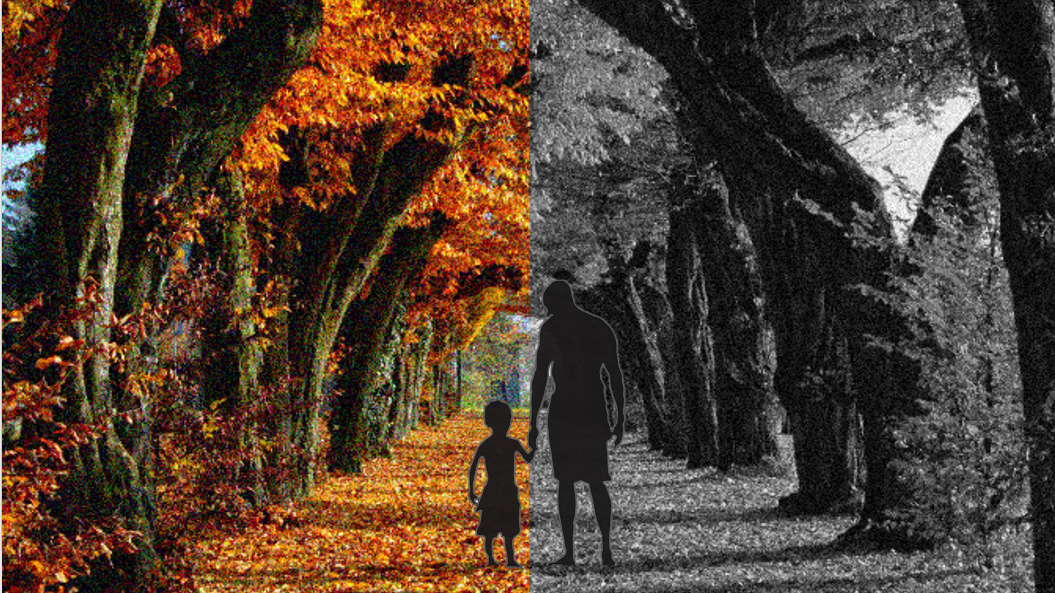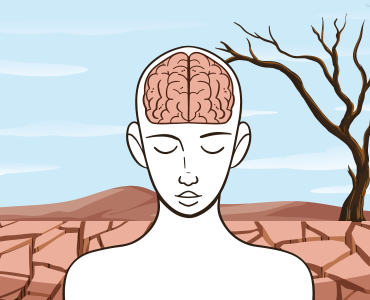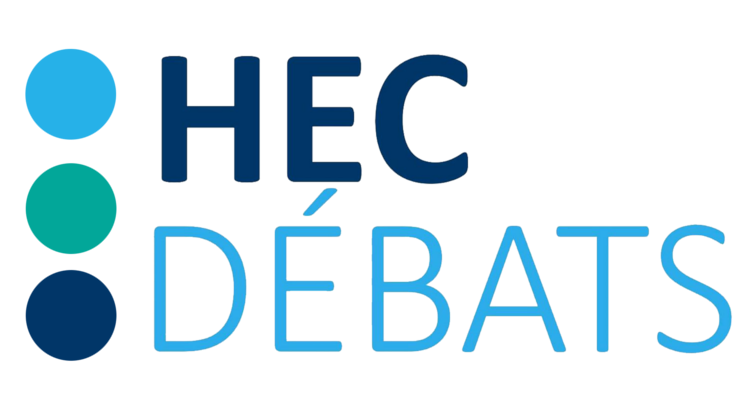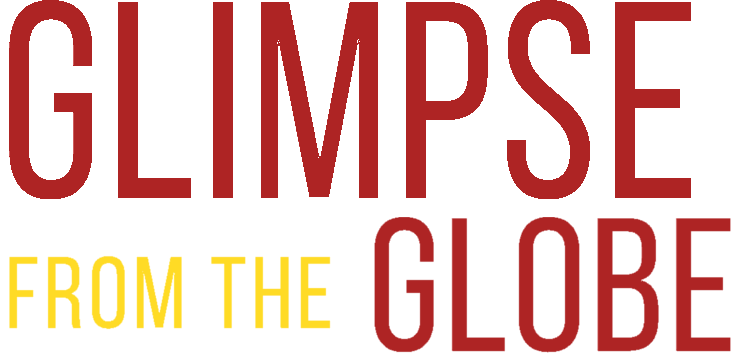No human being has ever seen that much technical progress in the span of 60 years. We, the people of the western world, are fortunate enough to live in incommensurable comfort. Be it at work or at home, technological progress has made things considerably easier for us. Never has it ever been easier to travel, and never have we been ever offered so many different hobbies. And yet, let me ask you this question: are we happier than our forebears, who did not have such living conditions? I cannot assure you that my answer will be positive.
The Fall of Icarus
From the very beginning, mankind, in its Promethean nature, has wanted to push back its limits, may they be physical, knowledge-related or mental. The progress that has been made in the last decades has enabled us to strongly push back one of them: the ignorance of the world that surrounds us. Thanks to the rise and democratization of communication and transport channels, we have access to an unlimited amount of data. It is now incredibly easy to discover and learn new things, even on the most eclectic topics. With only three clicks, one internet research or one television program, we can learn about what is happening in locations we did not even know existed. Travelling across the world has never been that simple! A universe of possibilities stretches out before us!
Yet just like Icarus, mankind got too close to the sun while trying to push its limits – and got its wings burnt. Showered with knowledge of all kinds, it is now drowning in information. Omniscience was our goal, and step by step we have reached it. Nowadays, we discover everything, at lightning speed. People in their twenties or thirties have already travelled so much more than their parents, not to mention the generations before them.
However, do not be mistaken, I am not aiming a criticism at the fact we are discovering the world, or even the way we discover it, quite the contrary! The realm of new possibilities that stands before us, if correctly employed, can help us grow tremendously as human beings. But this frantic quest for discovery fosters this perversion that could make us lose much more than what it is supposed to bring us. Step by step, we quickly lose a key element to our happiness: our capacity for awe, our ability to be amazed. We have slowly become prisoners of the contents we are constantly overcome with. We are no longer able to be in awe of anything, to grasp the beauties of our world, from the most simple to the most astonishing, with wonder: it is as if we had already seen everything.
When fictional life begins to change our perception of the real world
On social networks, our newsfeeds are swarmed with the same jokes and videos that millions of other users have already laughed at, those picture from across the world, may they be from professional photographers or from our friends, and those storytelling that are each as moving as the next. The virality of social networks and of the internet has allowed the most extra-ordinary contents to arise. As we only see the best of the best, the top of what there is to find, a mismatch of perceptions appears: the ordinary becomes tasteless, the entertaining becomes sadly normal, and the extraordinary becomes barely entertaining. All we have to do is to open Instagram and follow influencers to travel around the world with them, or even to open Youtube to see the best of anything and everything. By repeatedly seeing more and more impressive contents, we keep looking for even more impressive ones. Overkill of sensationalism and banalisation of the extraordinary fuel each other, and for the worst.
Yet, there is no need to describe the grasp social networks now have on our lives. Becoming an actual extension of our real existence, this fictional life tends to be confused with reality. Therefore, we grow demanding with the world around us. Looking for the ultimate rare jewel, we forget how to enjoy the rest. We cannot dream of the far unknown. Even worse, these pictures we have seen, these ideal representations that we imagine, become henceforth a world we think to be real. However, it is definitely not the case. Thus we fool ourselves, doing everything we can to belong in it. This fiction we are now prisoners of indeed has to be fueled! Check out the Instagram accounts you follow. Do they embody even the slightest part of life, actual life? It is rather a never-ending flow of pictures of idyllic journeys and dreams condensed.
Nowadays, everyone’s aim is to have the most authentic, the most exhaustive, the most astonishing experience. And when it happens, the astonishment is regrettably not sincere, or even honest! Reality is often disappointing compared to the paradisiac clichés we are dreaming of. And in a sad twist of irony, it becomes almost more important to reach the perfect Insta pic, the one that will spread this myth of perfection, than live those extraordinary moments altogether. What a disappointing reality, compared to our expectations… Let’s take travelling as an example, since it is probably the easiest way to have a change of scenery. When surrounded by tourists, the experience we live does not meet the expectations we dreamt of. Then, almost out of decency, we feign our amazement and our wonderment… This is a well-spread reality: we only have to look at world tourism! Likewise, Sylvie Brunel, in her book La Planète Disneylandisée (Disneylandized World), pinpoints the will people have to keep alive the clichés that match their expectations as tourists, in order to satisfy their hunger for exceptionality. The world is slowly turning into a Disneyland Park, in which entire regions are live museums. It is a well-crafted lie, whose goal is to give tourists what they want, “authenticity”, even when it does not represent the country’s reality anymore… So comes alive the fictional utopia…
We can easily transpose this idea to our everyday life. We are always looking for something better, for something more, and our pseudo-omniscience forbids us to enjoy the simple pleasures of life. We have become incapable of watching a movie or a TV series without having our phone in our hand, refreshing our newsfeed, to satisfy our content craving. Incapable of becoming enthusiastic about simple pleasures, always looking for more, we miss many happy moments.
By distancing ourselves from what we can see, we actually have a shot at readjusting the value we put in our emotions. We cannot be in awe only of the extraordinary. Or at least, if we do, we will only be able to see happiness from afar. Amazement is crucial and necessary to get close to happiness. Seeing the world without amazement makes it tasteless, disappointing. Depriving ourselves of it ultimately boils down to having mankind face an unreachable ideal, making us forever unhappy.
« He who can no longer pause to wonder and stand rapt in awe, is as good as dead; his eyes are closed. »
Albert Einstein, How I see the world (1934)
Back to being a child: a challenge which is far from absurd
Awe makes the true spice of life, it makes even the tiniest event a source of joy and pleasure, and the world around us instantly becomes more pleasant, more surprising. A humbler, less heavenly world, but also bearing more surprise! Simply a world that is more suited to our size, to our condition. Let’s give up this fictional and idealist representation, let’s distance ourselves from what makes us believe the opposite.
Learning to be amazed again, to be in awe again, might be the luxury we actually are deprived of. Henri Matisse used to say we should be “looking at life with the eyes of a child”: let’s listen to him and watch the world with the innocence toddlers have, with these innocent eyes that see an amazing source of astonishment in all things . Until proven otherwise, our life experiences don’t need to be compared to others’. Paying heed to others’ exceptional experiences has for sole consequence to devalue the way we perceive ours.
He who is always looking for more sincerity, for more authenticity, does not see how much of those might lie in this children’s world.








